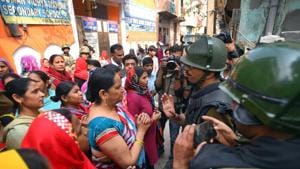Articles by Chanakya
What Paswan’s exit means for politics
The LJP leader’s departure is a reflection of how the old is broken and the new is yet to take root, both in Bihar and within Dalit politics
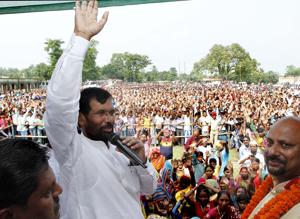
Chanakya: The political aftermath of December 6, 1992
With the rise of Hindu nationalism, the beginning of the alienation of Muslims, and the erosion of the rule of law, India changed fundamentally

Chanakya: Five factors which could shape the Bihar poll results
The pandemic’s effect on turnout, tensions in NDA, Muslim voter choices, impact of economy on anti-incumbency, and the changed political scenario will affect the outcome
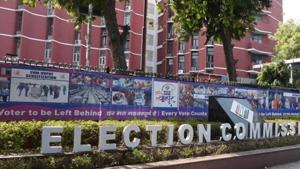
What Bihar will tell us about national politics
Given the pandemic, the nature of the election, of political competition, and of issues has changed. The outcome will reveal the mood

India needs a refined toolkit to manage China
Build economic and military capabilities; deepen ties with the US; ensure friendly regimes in South Asia; exploit China’s weaknesses

India must hold Facebook accountable
Unless there is a regulatory redesign, Facebook will continue its unethical practices at great cost to democracy
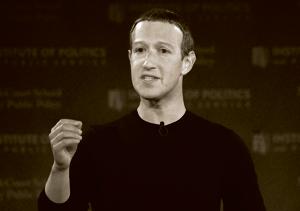
Why the GST framework is in trouble
The switch to the Goods and Services Tax (GST) in July 2017 was a historic moment in India’s fiscal trajectory. It scrapped a plethora of central and state taxes and paved the way for a uniform tax regime and a common market across the country. Ideally, there should have been fewer GST slabs, but the idea was always to move to this once the regime stabilised.
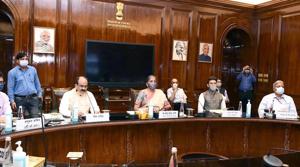
With due respect, your lordship
India’s judiciary is a key pillar which has to be fiercely independent and be seen as such
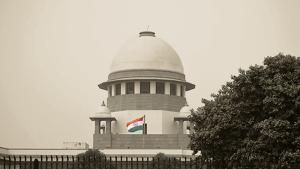
By 75, can India get the economy right?
With the learnings from the coronavirus pandemic, India must evolve a long-term response. Here are four suggestions. Create a bad bank; focus on public health; rethink manufacturing; and get cities right
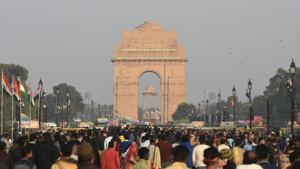
In defence of India’s original values, writes Chanakya
The original values of the Constitution— secularism, liberalism and democracy— work together — and have helped sustain national unity. A liberal and secular State cannot but be a democratic State, which deepens national unity. But when there is an attack on one value, the others become vulnerable.

The tale of Indian institutions | Opinion
Governments come and go. Political parties rise and fall. But the Constitution — and its vision of independent institutions — is permanent, and ensures both stability and legitimacy of the political system. The story of the erosion of institutional autonomy can, thus, erode both the stability and legitimacy of the system.
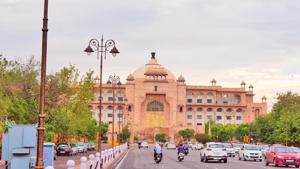
India must get ready for a tougher world | Opinion
India — which had a period of relative international security and benign climate — will today have to gear up for a more unstable environment and more hostility
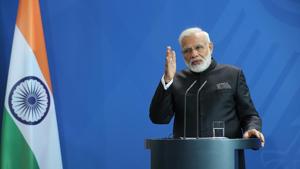
Decoding the crisis in the Congress | Opinion
This isn’t about Rajasthan. The crisis in the Congress is symptomatic of a larger crisis within the party. It is a crisis that has been in the making for long. But when a party is in power, it is possible to paper over cracks and keep going
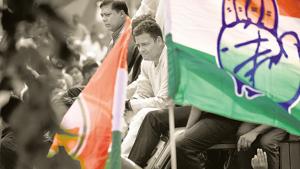
Vikas Dubey: How India is dysfunctional by demand, writes Chanakya
And it is dysfunctional, because it suits everyone — including those meant to protect it — that it remains so
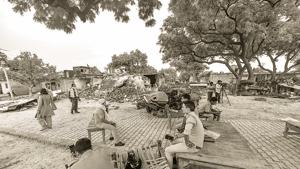
The intersection of politics and science, writes Chanakya
The two most powerful tools in any country’s armoury, when it comes to fighting the Covid-19 pandemic, are data and science, and political leaders through the centuries have had an uncomfortable relationship with both.
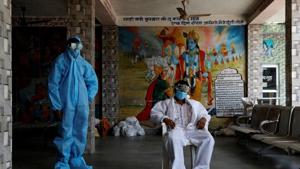
BJP: The governance-politics dichotomy | Opinion
Many believe that the scale of the health, economic and national security crises could erode BJP’s prospects. But this view underestimates the faith a large segment of citizens have in Modi
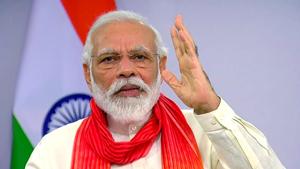
The China factor in Indian politics
The BJP — by disengaging with Pakistan — has projected itself as a nationalist force. Its advice to the Opposition not to “politicise” the national security issue may go unheeded, for if the BJP has benefited from weaponising security for electoral ends, the Opposition will seek to emulate the same.
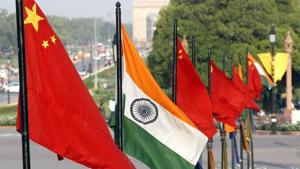
The centrality of the Bihar election
Through its upcoming election, the state will provide a glimpse of the political future to the rest of India and answer questions central to Indian democracy
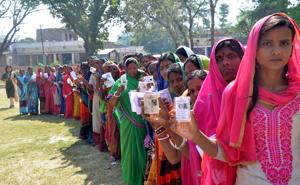
Covid-19 will lead to a new federal compact
The Centre and states coordinated closely in the initial weeks, but differences on the lockdown, health protocol, finances and credit-sharing have now deepened
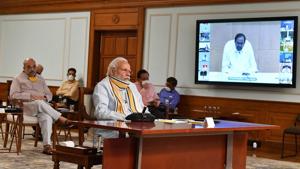
Modi 2.0: Successes, defects and a challenge
The year saw Modi push long-held ideological beliefs of the BJP. But democratic deficits grew, social harmony became fragile and the economy was mismanaged
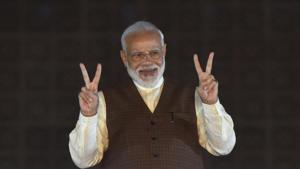
A charter for political reforms in India
Prime Minister Narendra Modi, on May 12, spoke of using the current crisis as an opportunity to make India “self-reliant”. The same framework — of using the crisis as an opportunity — must be used for something which is as broken as the economy, politics.
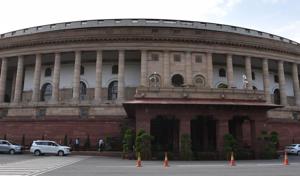
The package lacks focus on the immediate| Opinion
If the government focuses on demand, and does enough to put more cash in the hands of people and businesses, coupled with the medium- and long-term measures already announced, the Indian economy will survive 2020-21, recover in 2021-22, and jump to a different level of growth after that
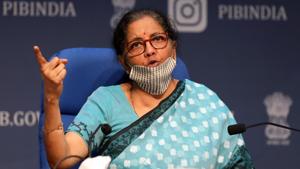
Strike a balance between industry and labour | Chanakya
Labour laws must change to help the economy, and now is as good a time as any to amend, suspend, even scrap them — but not at the cost of workers. Take nuanced decisions on which laws to junk, while preserving those which are to do with lives, livelihoods and liberties.

What the pandemic tells us about the State
The State scores high on its coercive power, communication, decisiveness and federalism. But its ability to implement nuanced policies, treat the poor humanely, and manage the economy is weak
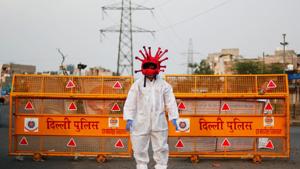
How politics will change post the pandemic | Opinion
Even after the lockdown is lifted, social distancing will continue to remain an established norm. This means that mass rallies, mass protests, and small public meetings in urban neighbourhoods or village squares may not be possible anymore — at least for the foreseeable future. It will be much harder to get a sense of where public opinion stands.
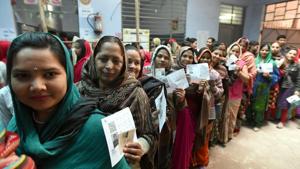
In times of crisis, the role of the Opposition| Opinion
In exceptional times such as these, the role of the Opposition changes somewhat. It has to begin with the premise that the government’s intent is noble. But this does not mean it has to support each measure; instead it should remain vigilant and provide constant feedback
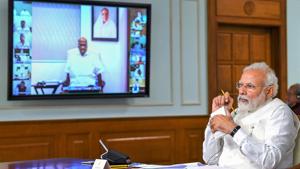
India now needs a new and bold economic plan
The plan must aim to preserve businesses , save jobs, and minimise pain. It needs to be to the order of 4-5% of the GDP - around $10 trillion.
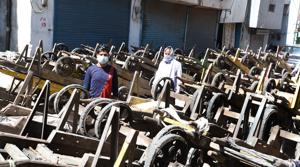
Covid-19 will alter Indian political life
While the situation remains uncertain and fluid, four key variables will determine what Indian politics will look like once the crisis subsides.
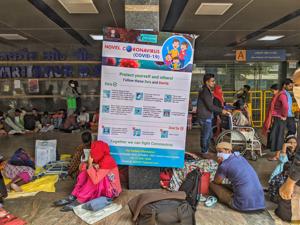
What India needs to do to win against Covid-19
Given the scale of the global outbreak, the government cannot go it alone. To ride out this storm, we need all hands on deck, across sectors, skills and communities. India eliminated smallpox and polio. It has the experience in scale. Ending Covid-19 is possible if we act now.
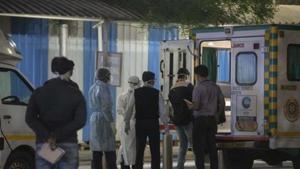
How the BJP can counter international criticism
It should strive for a resolution to the underlying issues themselves. it should focus on restarting the political process in Kashmir and work towards achieving closure on CAA.
